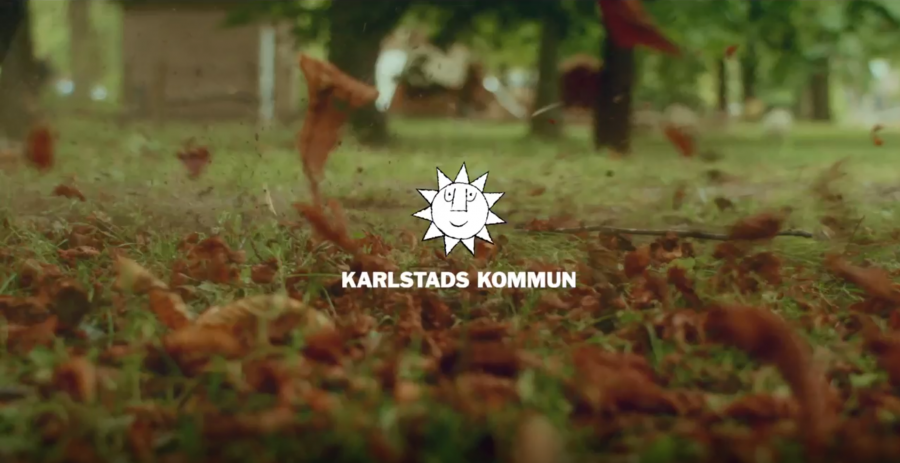Slough and Aberdeenshire councils are the local authorities to have made the biggest cuts to spending on playgrounds in the past five years - slashing funding by 150 per cent, a new report has found.
The Play Gap Report, commissioned by ESP Play, has revealed a postcode lottery meaning children in some parts of the country have little access to high quality outdoor play.
Data gathered from Freedom of Information requests showed that some councils had made significant cuts to spending, with councils in Slough (156 per cent) and Aberdeenshire (149 per cent) the top two.

Glasgow came in third with a 102 per cent cut with the London boroughs of Bexley and Hillingdon finishing the top five with 116 per cent and 98 per cent respectively.
The cities of York and Manchester had made cuts of 84 per cent and 73 per cent with another London borough, Richmond, reducing its spend by 70 per cent up to 2023.
Finishing up the top ten were Hartlepool with a 59 per cent drop and Gateshead who made cuts of 53 per cent over the five-year period.
The report also showed disparities between regions, and found that average annual council spending on playgrounds varied wildly - from more than £600,000 in Yorkshire and Humberside - to £197,000 in the North East.
East Midlands and West Midlands, South West and North West made up the rest of the bottom half of the table.
The report concluded that the lack of outdoor play provision can be detrimental to childrens’ mental and physical health and that government, councils and developers all need to do more to ensure that safe, high quality playgrounds are available for children.
Andrew Wood, from playground specialist ESP Play, said: “Ensuring equitable access to quality play spaces is crucial for nurturing healthy, resilient communities. We have long campaigned for more funding for play spaces as we know how vital they are for the health and development of children.
“We are calling on the government, local authorities and property developers to pay more attention to this essential part of the lives of our young people and to commit to making comparatively small changes to make a huge difference to the lives of children.”
Professor Helen Dodd, of Play England, said: “Children who spend more time playing, especially outdoors and adventurously, have better mental health and are more physically active.
“Children’s play opportunities are affected by the environments around them, with some environments facilitating active, adventurous, engaged play, and others discouraging play.
“It is therefore really important that children have access to places that support their play such as playgrounds.”
To download the full report click here: https://www.espplay.co.uk/the-play-gap-report/







